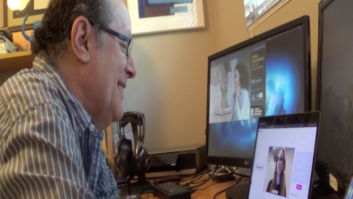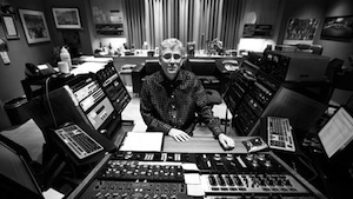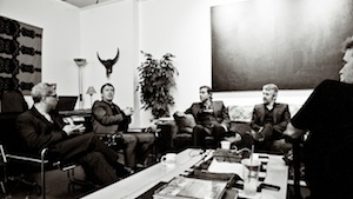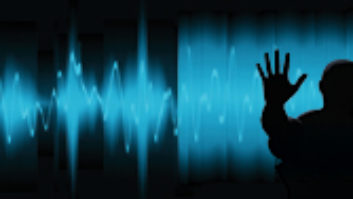Jonathan Wyner
New York, NY (October 22, 2013)—In our increasingly insular recording environments, the skills needed to be a pro-level mastering engineer are still best learned via formal education and mentoring. Arguably there is no practice within the art of music production that demands more responsibility, and undoubtedly, responsibility is a learned trait.

Encouraging these educational and mentor experiences, the 135th AES Convention provided a variety of mastering-associated Workshops and Tutorials. Most notable was Saturday’s “How Are We Learning Mastering: Teaching Mastering: The Next Wave,” where Jonathan Wyner of Berklee College of Music pondered, “What does ‘Experienced Mastering Engineer’ mean?” Joined by respected mastering engineers Scott Hull and Mike Wells, the trio discussed their own practices, the importance of education, the skills and philosophy they impart to their chosen apprentices, and why such collaborative practices remain essential to the craft.
“Should I just go out and start doing it?” posed Wyner. “Well, there certainly are those renaissance men and women. But education is where people go to receive the initial direction they need. I don’t believe someone is born with the ability to be a mastering engineer, and wielding a device is part of the discipline, but only a small portion for a host of reasons.”
Hull agreed, offering his views of a modern mastering engineer’s minimum requirements. “It will be someone that has completed, or nearly completed, a four-year audio program,” he said. “They should have some studio etiquite, too.” Springboarding into a mastering career will be impeded by “misplaced egos and misplaced expectations. I still have to be in a room with you,” he added.
Along the same lines as Malcolm Gladwell’s “10,000 hours” theory, Wyner emphasized practice. “The best example [of preparation] involves ear training,” he explained. “It’s not something we can’t [teach] online, or even over 15 weeks of instruction. It takes a lifetime. If you asked any mastering engineer walking around the show, I believe they would say they were still developing their own ears. This also points to the need for a broader education.”
The convention offered more insights into the art of mastering, with events such as the “Mastering Our Future Music” Workshop, hosted by Rob Toulson along with mastering engineers Mandy Parnell, Michael Romanowski and Jonathan Shakhovskoy; and “Platinum Mastering: The State of Mastering, moderated by Bob Ludwig.






